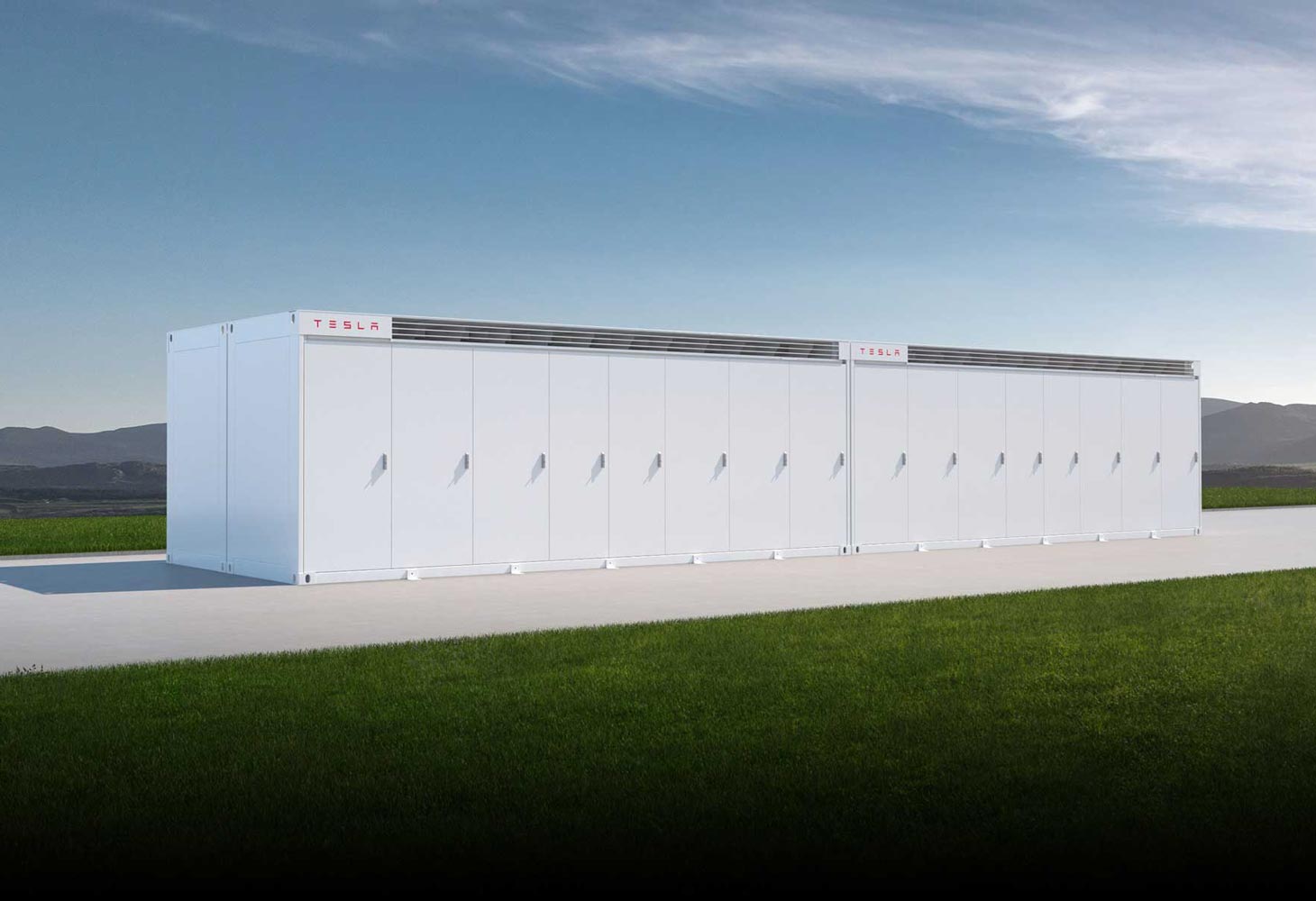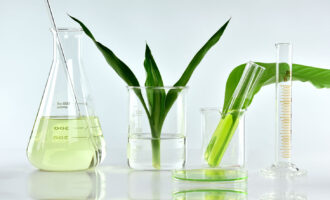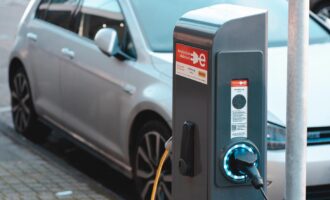
Editorial: A heightened focus on the coming energy transition
The recent approval of multiple Covid-19 vaccines has offered a glimmer of hope that we will emerge from the current health and economic crisis in the not-too-distant future. Asia, which is expected to drive most of the world’s future energy demand, has already started its economic recovery with a focus on energy transition. The International Energy Agency (IEA) expects gas markets in Asia to lead global recovery trends post-2021. Inside this issue of F+L Magazine Online, we analyse Asia’s low-carbon future.
Achieving net zero carbon emissions requires speed. The problem with the race to zero emissions often lies in the scaling of technology. Commonly, governments or investors only support the early stages of development. Until we reach the point of scale, we do not understand the true environmental benefits. This month, we consider the progress of some of the hard-to-abate transport sectors in the global ‘Race to Zero’. It is increasingly evident that renewables will play a major role in decarbonisation. We examine the low share of renewables in heavy industry and long-haul transport and consider whether decarbonisation initiatives are aligned with the zero emissions target.
Countries around the world are implementing bans on the sale of internal combustion engine (ICE) vehicles. Japan is the latest to pledge to end their sale. During the ILMA Virtual Town Hall Post-U.S. Election Analysis, Derrick Morgan, said a “fairly simple” ICE change could double the environmental benefit that electric vehicles (EVs) contribute today. Morgan is senior vice president, federal & regulatory affairs of the American Fuel & Petrochemical Manufacturers (AFPM) in Washington, D.C., U.S.A. AFPM estimates the change would provide an environmental impact equivalent to adding 720,000 EVs to roads every year.








